 What’s better that one National Invasive Species Awareness Week for 2020? How about two?
What’s better that one National Invasive Species Awareness Week for 2020? How about two?
National Invasive Species Awareness Week Part 2 (May 16 – 23, 2020) is upon us! Take some time this week to consider the many impacts that non-native invasive species have on our communities, working lands, natural areas, and pocketbooks. Scroll to the bottom for free webinars offered this week.
Why Worry About Invasive Species?
A recent study found an estimated annual loss of almost $83.5 million in personal income to Oregon’s economy from just 25 selected weed species. These costs are estimated to balloon to $1.8 billion if invasive weeds are left untreated. We all pay the bill for invasion of weeds species through increased food costs, higher taxes, and decreased property values. These impacts clearly show the economic benefits associated with controlling invasive weeds
Invasive weeds not only impact our pocketbooks, but they also impact the livability of our communities. Invasive weeds like blackberry and gorse have long thorns that limit our ability to enjoy our open spaces and natural areas. While other invasive weeds like giant hogweed and spurge laurel can cause burns or rashes if we come into contact with them.
Invasive species also impact the natural beauty of the landscape. They replace our native plants that fish and wildlife depend upon for food and shelter. In this way, they replace our natural wonders with a weedy and degraded landscape that is less “Oregon-like”.
So join your friends and neighbors in helping to stop the Silent Invasion!
- Scotch Broom provides a highly flammable fuel for wildfires. (Photo S. Leininger)
Ten Ways You Can Help
- Learn about invasive weed species, especially those found in your region. The WeedWise Program is a local and trusted resource.
- Clean hiking boots, waders, boats and trailers, off-road vehicles, and other gear to stop invasive species from hitching a ride to a new location. Learn more at PlayCleanGo.org.
- Avoid dumping aquariums or live bait into waterways. Learn more at Habitattitude.org.
- Don’t move firewood – instead, buy it where you’ll burn it, or gather on site when permitted. Learn more at DontMoveFirewood.org.
- Use forage, hay, mulch, and soil that are certified as “weed free.”
- Plant only non-invasive plants in your garden, and remove any known invaders.
- Report new or expanded invasive species outbreaks to the Oregon Invasive Species Hotline. Early detection is the key to success!
- Volunteer to help remove invasive species from public lands and natural areas. Your local watershed council provides many volunteer opportunities!
- Talk to your political representatives at the state, local, and national level about your concerns related to invasive species control efforts.
Take a look at The Terrible Twelve in this brochure below!
[wpfilebase tag=file path=’conservation/weeds/WeedWise-EDRR-Brochure-2016.pdf’ /]
Looking for alternative to invasive plants? This Gardensmart guide has answers for you!
[wpfilebase tag=file path=’conservation/weeds/Gardensmart.pdf’ /]
Want to Learn More – Check out the NISAW 2020 Webinar Series
Daily webinars will be offered this week to help those interested in deepening their understanding around invasive species. Each webinar is free but registration is required.



[…] Oregon Invasive Species Awareness Week! Here’s a story from our partners about an “A-listed” noxious weed called orange hawkweed. […]